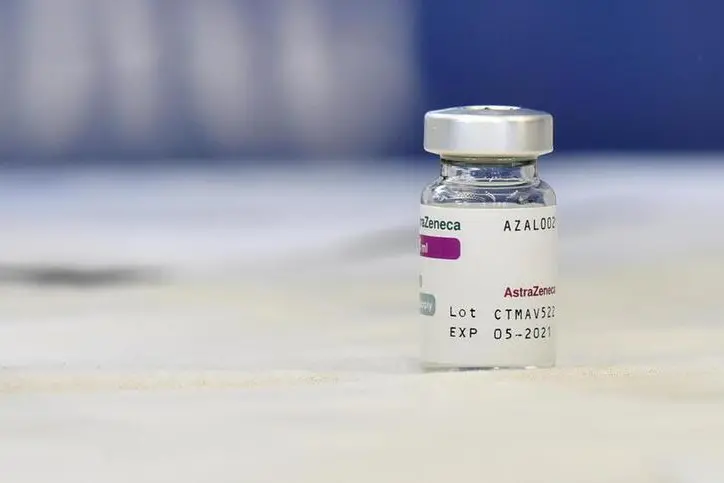PHOTO
The risk of developing long COVID after infection with the coronavirus is lower for vaccinated people than for the unvaccinated, but not by much, according to a large study from the U.S. Department of Veterans Affairs.
Researchers compared outcomes among nearly 34,000 people who had breakthrough SARS-CoV-2 infections after receipt of vaccines from Johnson & Johnson, Pfizer/BioNTech or Moderna, and more than 113,000 unvaccinated people who were infected.
The study, conducted when the Delta variant was predominant and published in Nature Medicine, found vaccination reduced the likelihood of long COVID after infection by only about 15%. There was no difference in type or severity of long COVID symptoms between vaccinated and unvaccinated patients.
The researchers also compared hospitalized patients with breakthrough COVID to hospitalized patients with seasonal influenza. "Breakthrough SARS-CoV-2 was associated with higher risk of death... than flu," study leader Dr. Ziyad Al-Aly of the VA St. Louis Health Care System said in a tweet. "The findings indicate that reliance on vaccines as our sole line of defense is not an optimal strategy," he told Reuters.




















